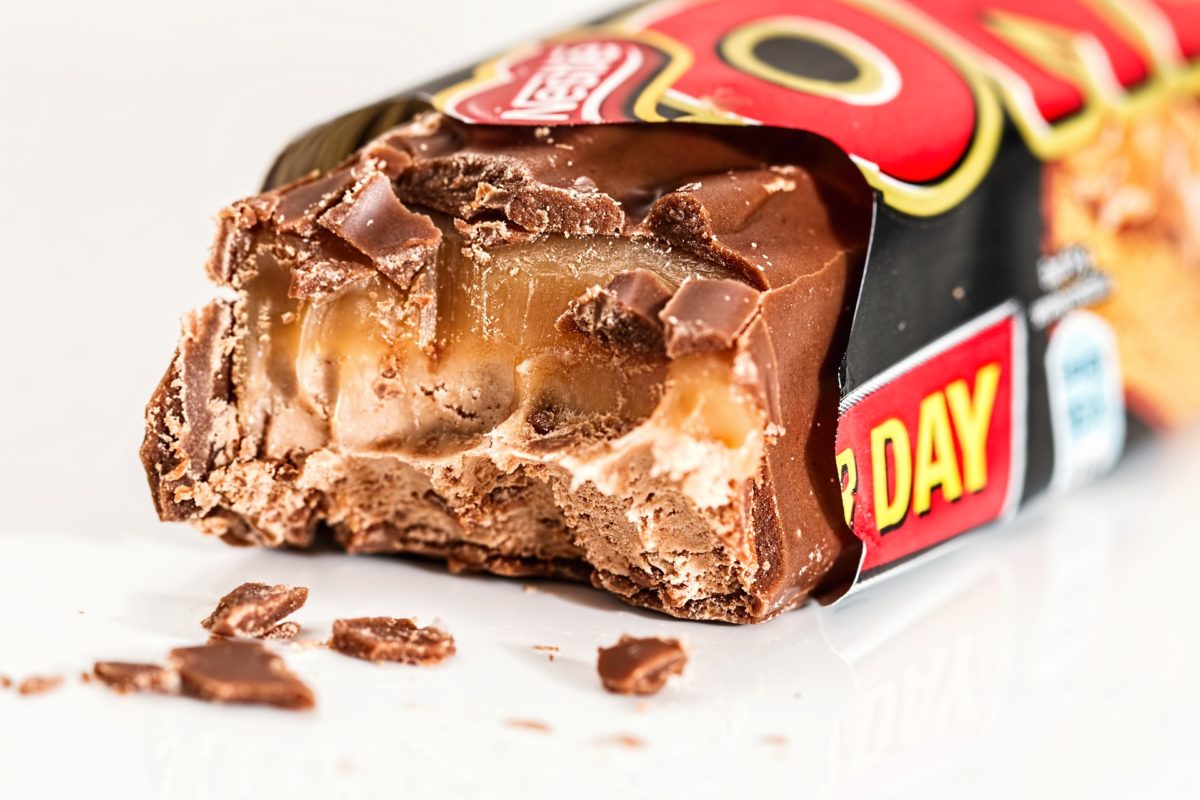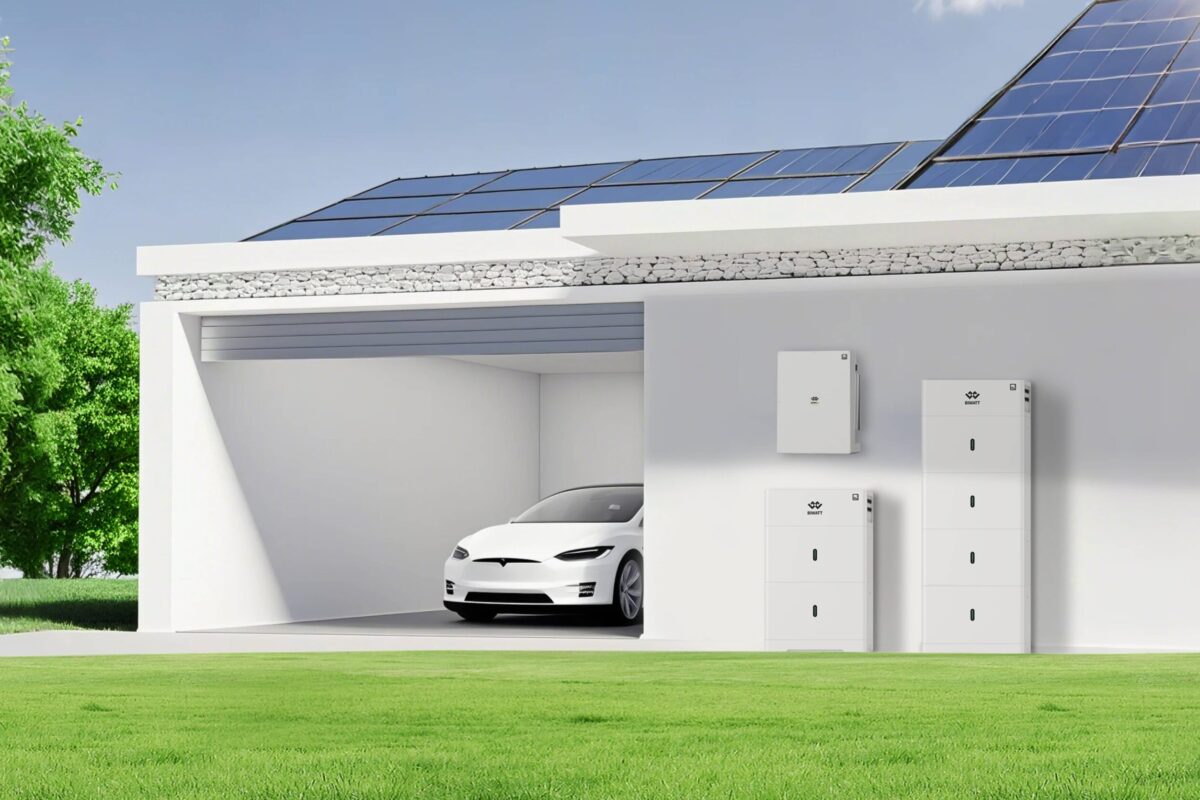The exponential rate at which Dubai’s Shams net metering program is driving new solar capacity has again been emphasized by an announcement made by the head of the Dubai Electricity and Water Authority (DEWA) yesterday.
Chief executive and MD of the utility, Saeed Mohammed Al Tayer, was attending a ceremony to mark the opening of what is claimed to be the UAE’s largest private ground-mounted solar project, at the Al Maha factory in Dubai owned by chocolate maker Nestlé’s Middle Eastern business.
A press release issued by Nestlé to promote the 20,000-panel, 5.5 MWp Al Maha installation quoted the DEWA chief as giving an update on the progress of the net metering initiative.
“Shams Dubai has achieved remarkable success since its launch in 2014, with 1,348 solar systems connected to the electricity grid so far, with a total [generation] capacity of 117 MW,” said Al Tayer.
11 MW in nine days
Only ten days ago DEWA had announced the Shams program had driven arrays on 1,338 rooftops, for a cumulative capacity of 106 MW, indicating a further ten systems had arrived in the intervening nine days, bringing with them 11 MW more capacity.
The Nestlé installations, which total 28,000 solar panels across three production sites, accounted for the majority of the latest figure but yesterday’s update nevertheless demonstrated how fast Shams arrays are being installed. The 5.5 MW project at Al Maha was supplemented by a 1.8 MWp array at the Nestlé Dubai Manufacturing facility and a 700 kWp installation at the Nestlé Waters TechnoPark.
In June 2018, DEWA said net metered installations added up to 63 MW of solar capacity and two months later the authority announced it had received Shams requests for 323 MW of PV capacity.
Dubai is aiming to source 7% of its electricity from renewables by next year.
In yesterday’s press release, Swiss giant Nestlé claimed a third of its 413 global factories already run entirely on renewable energy. The chocolate multinational had announced in December 2017 its intent to install three solar arrays adding up to 7 MW of capacity in Dubai, stating at the time that it expected them to be operational last year.
This article was amended on 30/09/19 to reflect information supplied by Nestlé, including that the total capacity of the installations was 8 MW rather than the previously reported 7 MW.
This content is protected by copyright and may not be reused. If you want to cooperate with us and would like to reuse some of our content, please contact: editors@pv-magazine.com.




1 comment
By submitting this form you agree to pv magazine using your data for the purposes of publishing your comment.
Your personal data will only be disclosed or otherwise transmitted to third parties for the purposes of spam filtering or if this is necessary for technical maintenance of the website. Any other transfer to third parties will not take place unless this is justified on the basis of applicable data protection regulations or if pv magazine is legally obliged to do so.
You may revoke this consent at any time with effect for the future, in which case your personal data will be deleted immediately. Otherwise, your data will be deleted if pv magazine has processed your request or the purpose of data storage is fulfilled.
Further information on data privacy can be found in our Data Protection Policy.